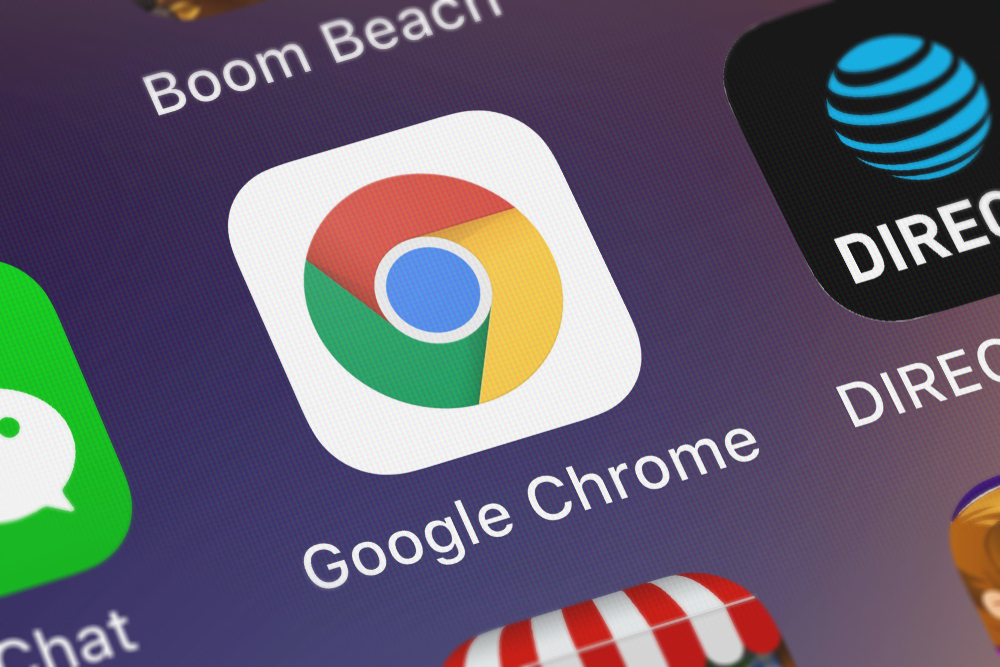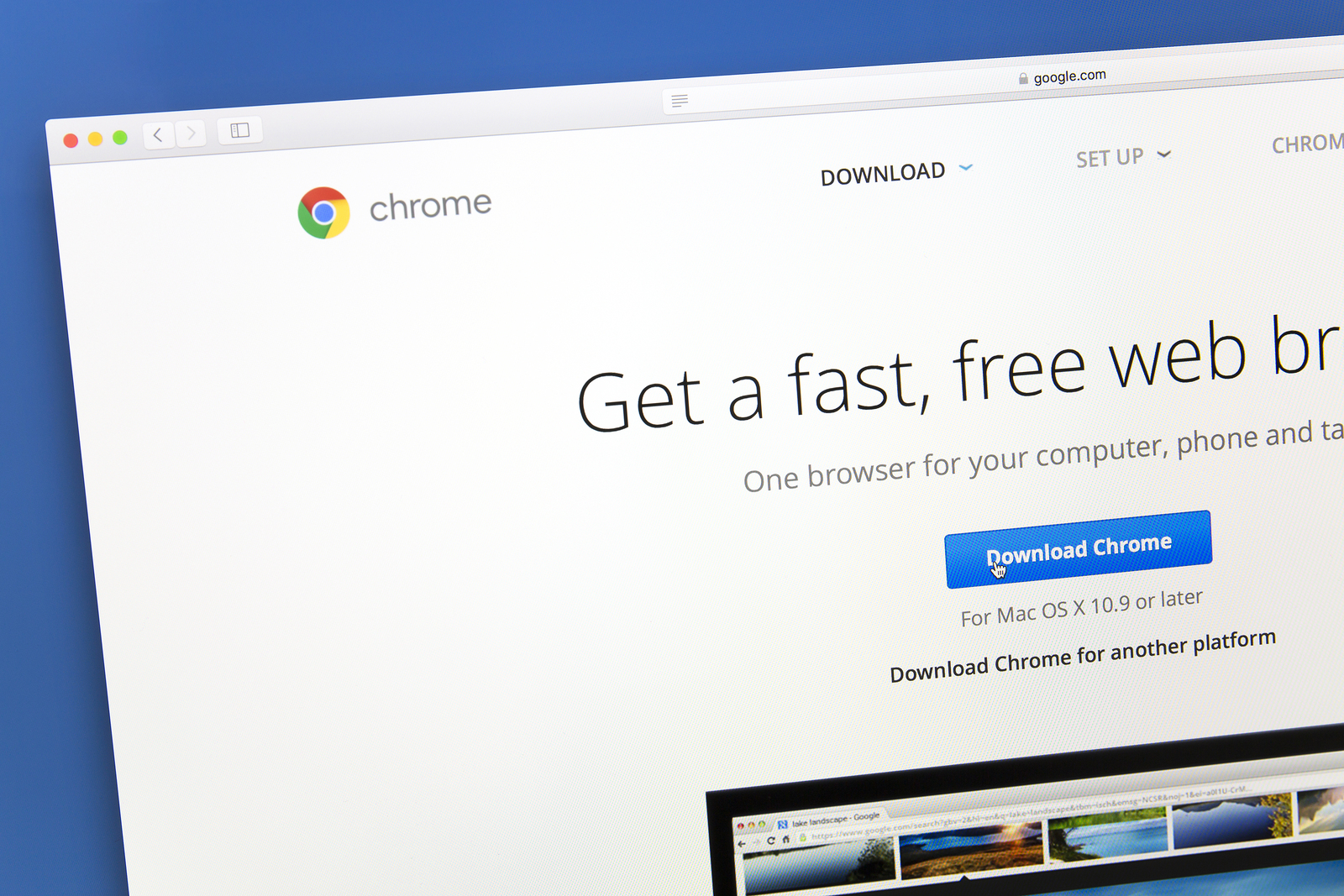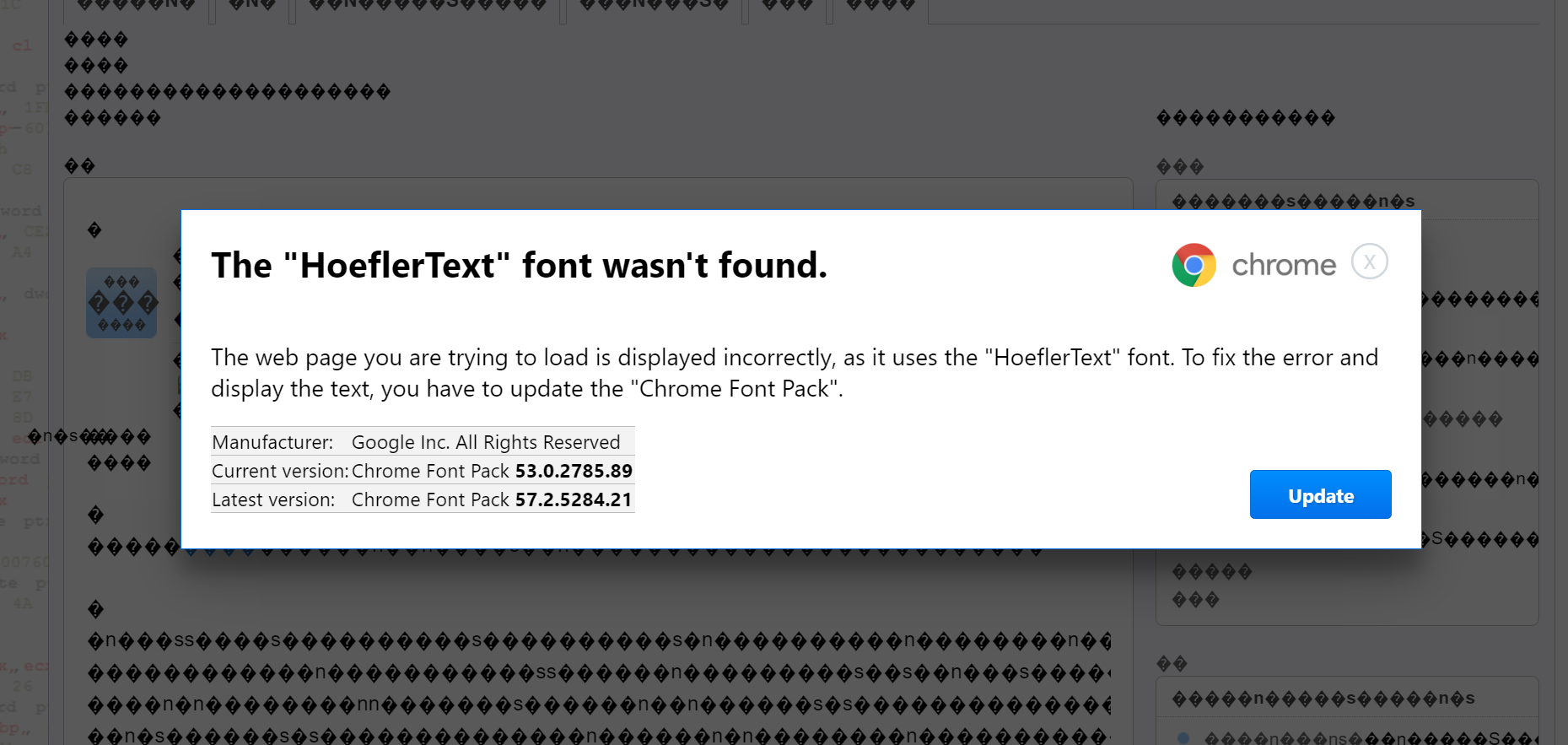Google Chrome branded the least effective browser for stopping phishing attacks
The world's most popular browser came dead last when compared against competitors


Google Chrome has been revealed to be the least effective web browser for protecting its users against accessing websites dedicated to phishing.
It was the worst-performing browser across both Windows and macOS, according to the testing scores, with Firefox proving to offer the best protection across both operating systems (OS).
According to the tests conducted by Which?, Google Chrome was able to block just a quarter of the phishing sites the researchers visited.
Chrome running macOS blocked users from visiting just 25% of phishing sites while the score was slightly better at 28% on Windows.
At the other end of the scoring, Firefox scored 78% and 85% across macOS and Windows respectively.
Safari offered the second-best protection on macOS with 77% and Microsoft Edge took second place on Windows with 82%. Opera came third on both platforms with a 56% blocking rate across both OSs.
The researchers tested the browsers using 800 newly created phishing sites to gauge each browser’s ability to recognise a phishing site that hasn’t already been added to an internet blacklist - a process the researchers said takes just a matter of hours.
Get the ITPro daily newsletter
Sign up today and you will receive a free copy of our Future Focus 2025 report - the leading guidance on AI, cybersecurity and other IT challenges as per 700+ senior executives
Responding to the research’s findings, Google said it was unable to comment robustly due to the little context provided to it, but assured it uses Google's Safe Browsing API to protect users against phishing attempts.
RELATED RESOURCE

Protecting healthcare from cybercrime
Best practices to address evolving cyber security threats
Google’s Safe Browsing launched in 2007 and is designed to protect users against a broad range of cyber threats including malware, unwanted software, and social engineering attacks like phishing.
In the past, Google has also experimented with shorter URLs in Chrome’s address bar, on several occasions, to combat phishing attacks.
In the end, the feature never ended up making a stable Chrome build but had Google decided to implement it, it would have seen traditional URLs shortened and just the domain name displayed to users.
Google Chrome is still the most popular web browser by far, according to recent statistics from StatCounter. The web analytics firm said it holds a dominant 66.64% market share with second-place Chromium-powered Microsoft Edge holding just 10.07%.
Phishing is still one of the most prominent forms of cyber attack plaguing businesses today and continues to be extremely effective despite the array of protections afforded users across internet services.
Most recently, the men behind a lucrative scam that convinced the US government to pay $23.5 million for jet fuel the scammers did not supply, had their sentencing dates set and together face a combined maximum prison sentence of 107 years.

Connor Jones has been at the forefront of global cyber security news coverage for the past few years, breaking developments on major stories such as LockBit’s ransomware attack on Royal Mail International, and many others. He has also made sporadic appearances on the ITPro Podcast discussing topics from home desk setups all the way to hacking systems using prosthetic limbs. He has a master’s degree in Magazine Journalism from the University of Sheffield, and has previously written for the likes of Red Bull Esports and UNILAD tech during his career that started in 2015.
-
 Should AI PCs be part of your next hardware refresh?
Should AI PCs be part of your next hardware refresh?AI PCs are fast becoming a business staple and a surefire way to future-proof your business
By Bobby Hellard Published
-
 Westcon-Comstor and Vectra AI launch brace of new channel initiatives
Westcon-Comstor and Vectra AI launch brace of new channel initiativesNews Westcon-Comstor and Vectra AI have announced the launch of two new channel growth initiatives focused on the managed security service provider (MSSP) space and AWS Marketplace.
By Daniel Todd Published
-
 Google rolls out patch for high-severity Chrome browser zero day
Google rolls out patch for high-severity Chrome browser zero dayNews It's the eighth time this year Google has been forced to address a zero-day vulnerability in its world-leading browser
By Connor Jones Published
-
 Windows devices targeted by PuzzleMaker malware exploiting Chrome zero-day flaw
Windows devices targeted by PuzzleMaker malware exploiting Chrome zero-day flawNews Chain of vulnerabilities used to attack multiple companies worldwide
By Rene Millman Published
-
 Malware found on popular Facebook, Instagram and Vimeo browser extensions
Malware found on popular Facebook, Instagram and Vimeo browser extensionsNews Chrome and Edge extensions laced with malware have already been installed three million times
By Rene Millman Published
-
 Google sets a date for Chrome extension privacy revamp
Google sets a date for Chrome extension privacy revampNews From January 18th, developers must be clear about how they're handling user data
By Danny Bradbury Published
-
 Google looks to replace third-party cookies in two years
Google looks to replace third-party cookies in two yearsNews The online advertising market needs to shift to tracking methods that offer some user privacy, admits Google
By Nicole Kobie Published
-
 Chrome continues HTTP phase-out by removing 'secure' icon from HTTPS sites
Chrome continues HTTP phase-out by removing 'secure' icon from HTTPS sitesNews Changes in 'secure' and 'non secure' icons comprise final steps in plan to make web secure-by-default
By Keumars Afifi-Sabet Published
-
 Hack on popular Chrome plugin spams ads to one million users
Hack on popular Chrome plugin spams ads to one million usersNews The author says a phishing scam led to the theft of admin credentials
By Dale Walker Published
-
 Chrome malware masquerades as 'missing font' files
Chrome malware masquerades as 'missing font' filesNews New hack tricks users into downloading missing fonts loaded with malicious files
By Dale Walker Published